At camp, teens learn practical life skills.
Why is it that teens who spend the summer as camp counselors come home with all sorts of new, practical skills?
For many, camp counseling is their first job. Whether counselors are paid staff members or volunteers, they work hard, often working long days following the camp schedule and being responsible for activities as simple—and difficult—as getting a cabin full of third graders to lunch on time, repairing the fire pit and patching leaky paddleboats.
Whatever camp teens choose to work at, the experience provides countless opportunities for them to develop new skill sets. At North Florida Christian Camp volunteer workers recently built new stairs and installed tile, curtains, new cabinets and a countertop in the camp’s retreat center, stabilized a new driveway entrance, built a new floating boat dock, dismantled an old garage, cleared brush and repaired a brick sidewalk. And at Camp Kanakuk near Branson, Mo., summer workers can, among other things, learn how to cook breakfast for 300 or do laundry for 30 other counselors. “Are you looking for a summer job that will change your life?” asks the camp’s website. “Do you love kids and have a passion for serving them with your life? Whether it’s teaching a camper a new skill or serving behind the scenes in the kitchen, our staff is committed to laying down their life so that kids would see Jesus in action.”
Parents report that after spending time as camp counselors, their teens come home filled with a sense of accomplishment, having faced and conquered new challenges. Teens reminisce about swimming out to retrieve escaped kayaks, figuring out how to re-wire the guest speaker’s lapel microphone and successfully motivating a picky eater into trying new foods. And teens are proud of new skills learned while working at camp, which could include simple carpentry, emergency plumbing, basic vehicle maintenance and how to build a bonfire that will blaze for at least an hour.
At camp, teens find opportunities to mature.
Serving as a counselor can also be transforming in ways that go beyond acquiring and teaching practical skills. Teen counselors find themselves working in places with no Wi-Fi or cellphone signal. That unplugged setting can be as powerful and conducive to self-reflection for the staff members as it is for the campers.
Additionally, teen counselors find themselves in a cabin where they are the only person who will remind campers to put on sunscreen, change their socks and avoid chocolate milk left under the bed all day. While such responsibility can be intimidating, most teen counselors rise to the occasion. As his flock of admiring, nervous, enthusiastic campers settle in, the counselor jumps into the role of mentor, role model and “mother hen,” and soon finds himself saying things he never thought he’d ever utter: Hey, guys, please help me out and pick up your dirty clothes, or Uh, have you showered since you got here? I know you have other clothes—so, let’s wear a clean shirt today, ok?
Will working at a camp this summer instill a love in your teen for doing dishes, repairing handrails and cleaning up after herself and others? Perhaps not. But you just may see a whole new attitude because working at summer camp is a powerful experience.
At camp, teens hone leadership skills and experience spiritual formation.
All across America, at hundreds of camps listed on www.ThePowerOfCamp.com, you’ll find camps that train first-time counselors to be leaders, practically and spiritually. For example, Fair Haven in Maine offers a SaLT program for teens ages 15-18, “designed to help guide and train you to be a better leader in your schools and communities as well as in the next step to becoming a counselor here at Fair Haven,” says their website.
Another enormous benefit of being a counselor is spiritual growth. Camps are designed to not only help camp counselors strengthen their personal beliefs, but to also put those beliefs into action. Staff members find themselves leading Bible studies, meditation times and skit nights. It’s one thing to sit through a devotional; it’s quite another matter to have to lead one—and figure out what to do if the kids are uninspired.
In Idaho, the Shiloh Bible Conference offers: “The Timothy Charge Program … a youth discipleship program designed to: Guide young people into an alive and active growing relationship with the Lord Jesus Christ; train them up for service and leadership in their local church, at Shiloh Bible Camp, and future opportunities; train and encourage them in evangelizing their friends and peers.”
“We are looking for Christian young men and young women who believe they are called to serve,” says the website at Louisiana’s Acadian Bible Center camp. “Here are the minimum qualifications: A Christian—one who trusts Christ to save him, follows Jesus as Lord, and loves Jesus above all others.”
Is your teen looking for a place to work or volunteer? These are a few of the reasons why a Christian camp may just be the perfect spot for him or her to spend the summer. Share Christian Camp and Conference Association’s “Work at Camp” online job search tool with your teen.




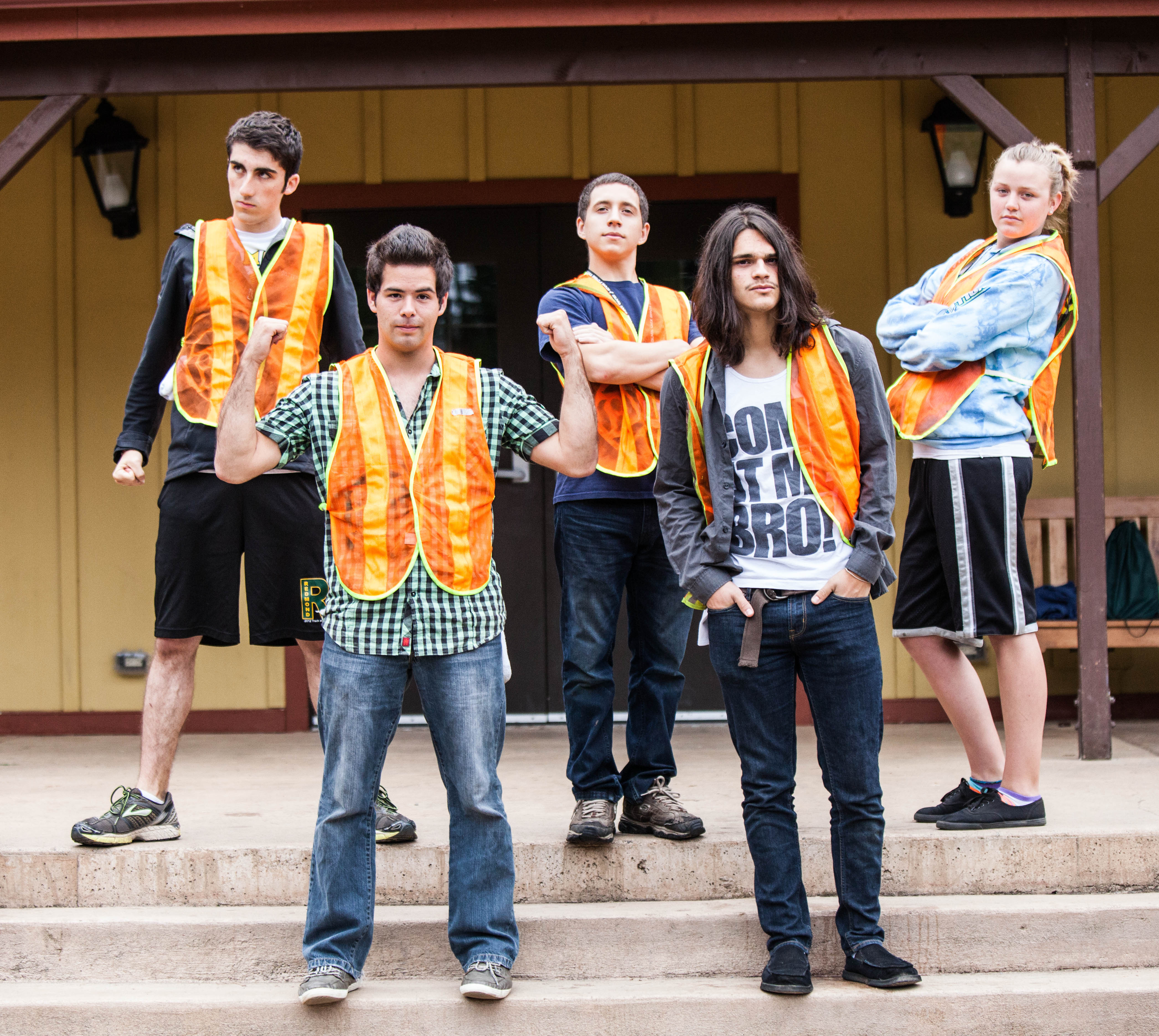





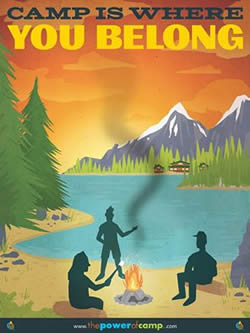


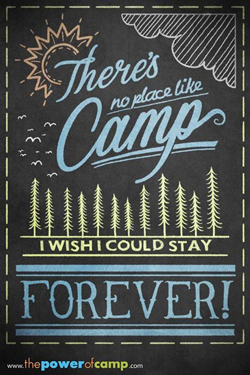

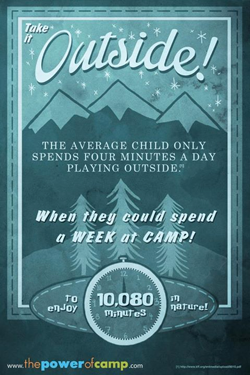
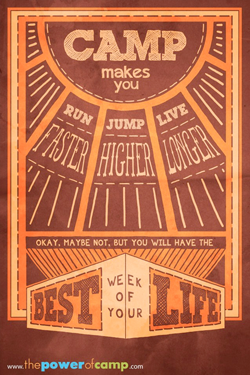
 INSTAGRAM
INSTAGRAM FACEBOOK
FACEBOOK TWITTER
TWITTER YOUTUBE
YOUTUBE